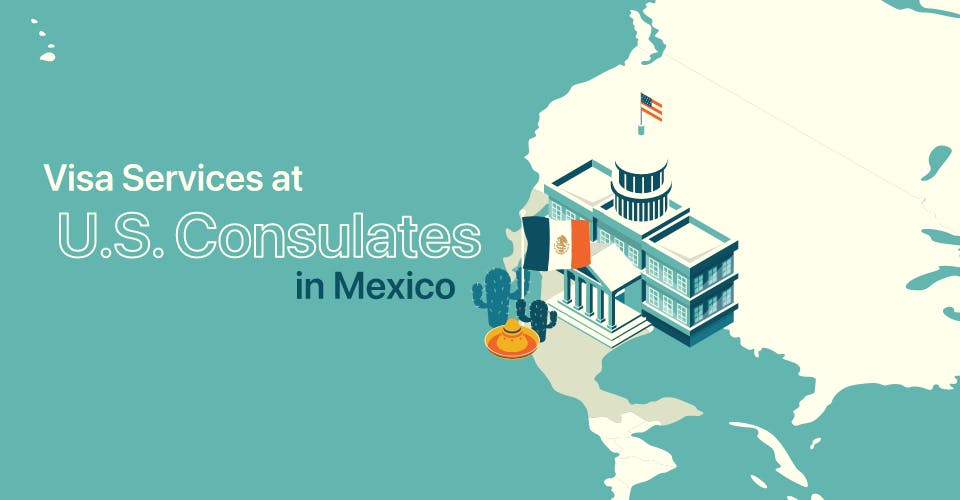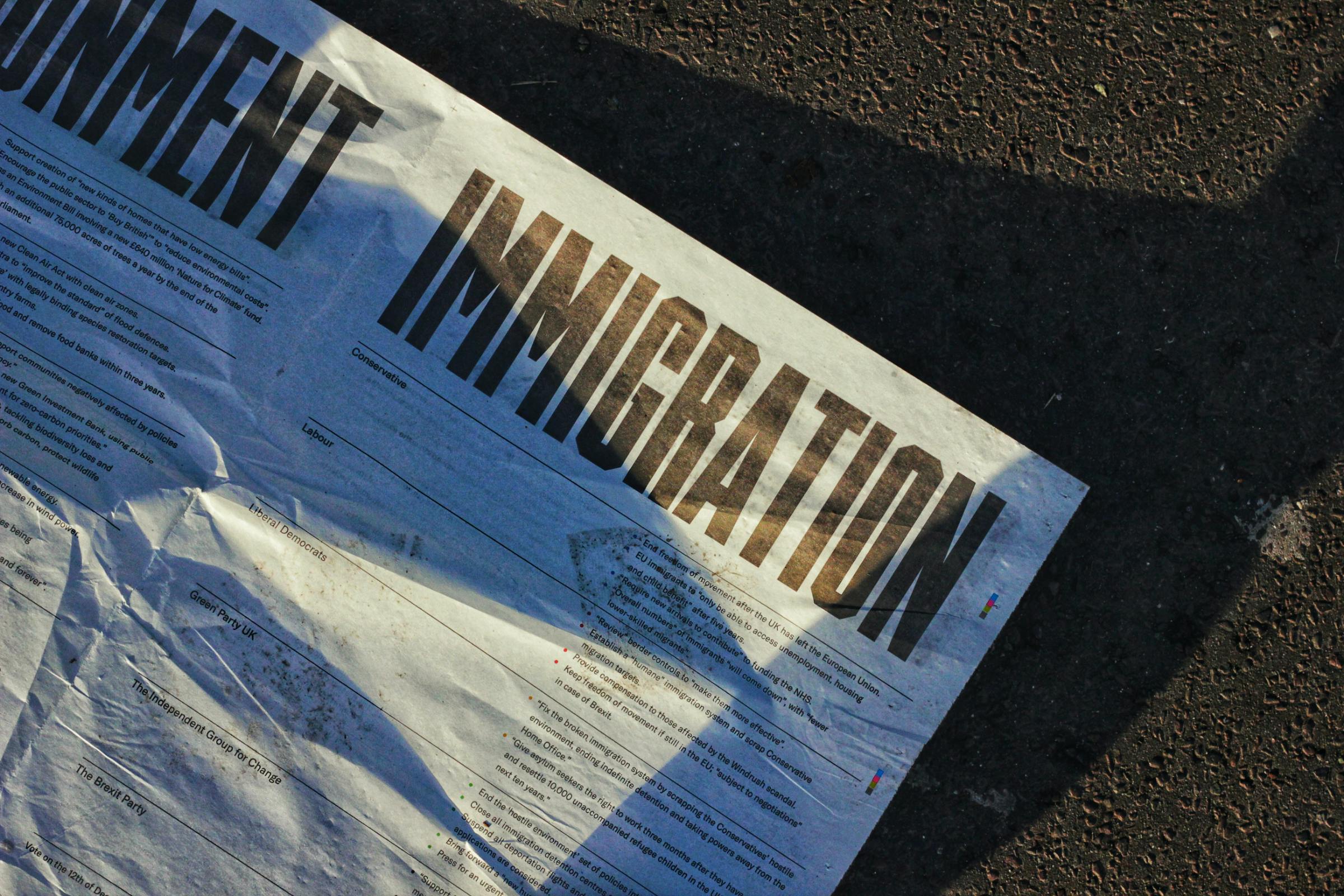Although advances have been made by immigrants from Asia and Africa, immigrants from Mexico still remain the largest immigrant group present in the United States today. According to Migration Policy, a research institute, there were about 10.9 million Mexican-born individuals living in the United States in 2019. And while the media often focuses on the migrant situation and illegal aliens entering the country, there are a considerable number of Mexican citizens who go through the legal process of immigration and have work permits, visas, or are married to a U.S. citizen while residing in the U.S.
This is made possible by the State Department and the robust consular system that is present throughout Mexico. While many other countries around the world have only one U.S. consulate or one U.S. embassy, Mexico has 10 U.S. consulates spread throughout its many states. In this blog, we’ll take a closer look at the divisions of consular affairs throughout Mexico, and where certain types of visas are processed in the country. Becoming familiar with different visa operations helps paint a better picture of how legal immigration occurs between the U.S. and our neighbor to the south.
Consular Affairs
Even though U.S. consulates across the world have been significantly impacted by the pandemic, it is actually quite amazing how many U.S. consulates in Mexico are back up to running at full or near full capacity. The best way for consular applicants or immigrants to get a sense of where certain visas are being processed is to go to the State Department website usembassies.gov. Then you will need to scroll down to the list of U.S. embassies or consulates, which will re-locate you to a complete listing by country selection.
When you get to Mexico, you will leave the State Department site, and should end up at mx.usembassy.gov. Scrolling down the page, the U.S government has provided a nice chart that explains “Current Visa Services”, in other words where certain types of visas (immigrant and non-immigrant) are being processed.
Analysis
Overall, the consular system for those seeking immigrant and non-immigrant visas in Mexico is robust, even though there have been many delays when it comes to appointments. The plethora of actual consulates in the country means that applicants will generally have an option to apply for many different types of visas, even if they have to travel for their appointment.
If you take a look, every U.S. consulate in Mexico, no matter the region, is currently processing student exchange visas in the F, M, and J categories. This means that the opportunity to study at a U.S. based university is available and getting a visa appointment in this category is absolutely possible.
In addition, every U.S. consulate in Mexico is also processing H1-B visas for those with specialized interests and usually an advanced degree. One category that is not processing in every region of the country is the H2 seasonal guest worker visas. For example, H2 visas are not processed in Guadalajara, Mexico City, or Ciudad Juarez. Those interested in obtaining one of these visas will have to travel to the appropriate consulate that will process such an application.
The Consulate General in Ciudad Juarez is back to processing all immigrant visa applications, and schedules thousands of interviews each week. Finally, any fiancé visa applicant will need to attend an exit interview before coming to the U.S. at the Mexico City consulate.
Overall, the consular situation in Mexico is much better than in some other countries in Latin America currently, including Brazil which has suspended routine non-immigrant services, and also Colombia. For example, if you currently make a regular non-immigrant visa appointment in Bogota, it might be cancelled indefinitely if conditions in the country make it impossible to provide such services.














